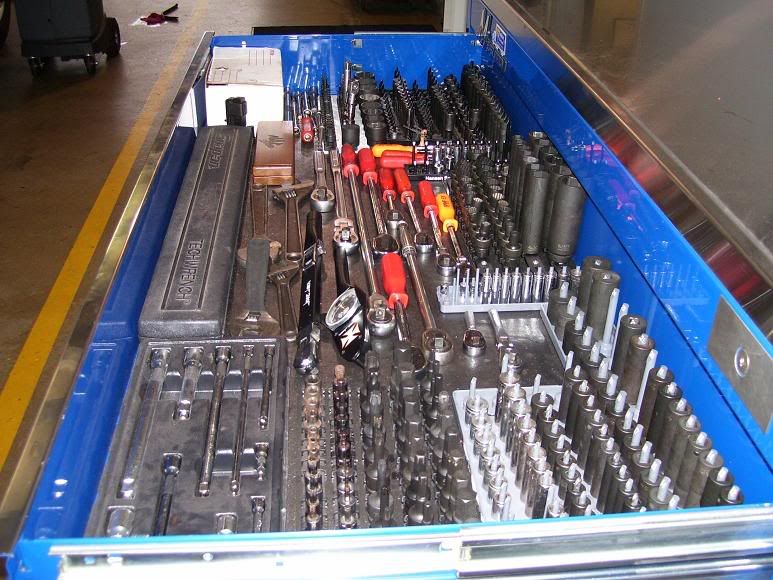I recently read an article by one of my favorite strength coaches, Mike Boyle. I have a handful of his instructional DVD's as well as his most recent book "Advances in Functional Training."
In his article he stated that so many people are looking for the "magic bullet" to speed and agility. Some people think it's the speed ladder. I mean, it isn't called a speed ladder for nothing right?
While the speed ladder does improve coordination and rhythm, it isn't the magic bullet.
Still other coaches thought that the key to speed and agility was the resistance parachute. So these became all the rage. And for good reason. They provide resistance, but not so much resistance that it changes an athletes running mechanics. But alas, the speed chute was used, but players did not become more agile.
So what is the "magic bullet"? The magic bullet is a quality training program that addresses:
- Ankle, hip and thoracic spine mobility
- Knee, low back and shoulder stability
- teaches basic movement patterns such as a lunge, squat, push, pull, and hip rotation
- Corrects muscle tightness and poor posture
- Teaches the body to move quickly with minimal self-imposed resistance
Basically training athletes is like working on a car - adding a new engine won't give the car top performance if the suspension is horrible. Likewise a new suspension won't do as much as if the tires were improved. And last but not least, if the driver is not competent, then the car won't drive well no matter what you do.
Developing a quality athlete requires development of all skills, not JUST those used in a specific sport. Think about the last post I wrote about the multi-sport athlete. The multi-sport athlete is a rare specimen these days. Yet, they are often the most coveted athletes by scouts, coaches, colleges and pro teams.
The magic bullet is activity. Let your kids play and play a lot. Oh yeah, and let them play with minimal interference from coaches, parents and a ton of rules. Let them make their own rules and settle their own conflicts on the field. They need it to grow not only physically, but also emotionally and psychologically.
 The magic bullet is really a toolbox filled with tools that is used to tune the car. When you add tools to the box, you become much more valuable and usable.
The magic bullet is really a toolbox filled with tools that is used to tune the car. When you add tools to the box, you become much more valuable and usable. In addition, when a player has a toolbox full of tools, they can attack any problem and be successful. Isn't that what you want for your kids?

